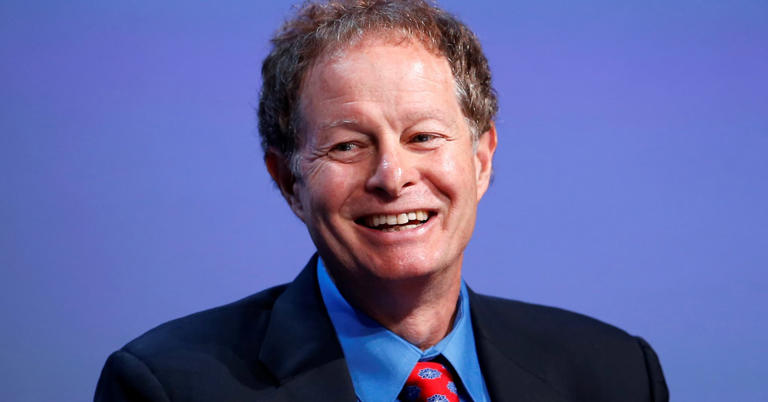John Mackey, co-founder and former CEO of Whole Foods, holds Jeff Bezos in high regard, describing him as a “brilliant man” for his transformative leadership after Amazon acquired the grocery chain in 2017 for $13.7 billion. Mackey, who guided Whole Foods from its inception until 2022, credits Bezos’ visionary approach and strategic decisions for reshaping the trajectory of the company.
Prior to Amazon’s acquisition, Whole Foods faced challenges with declining sales amid intensified competition in the organic and natural foods market. Larger rivals like Walmart had begun expanding their offerings to appeal to Whole Foods’ customer base, posing a significant threat to the brand’s market position. While some might have advocated for raising prices to boost immediate revenue, Mackey emphasizes that this approach could have exacerbated the perception of Whole Foods as an expensive option (“Whole Paycheck”), potentially driving more customers away.
Instead, Bezos opted for a forward-thinking strategy focused on long-term sustainability and customer retention. He championed multiple rounds of price cuts at Whole Foods to make its products more accessible and competitive. These strategic reductions were complemented by efforts to enhance operational efficiency within the grocery chain. Bezos encouraged Whole Foods to streamline operations and concentrate on products with higher profit margins. A key initiative was the expansion of Whole Foods’ private-label brand, 365, which not only allowed the company to lower costs through economies of scale but also enabled it to offer lower prices while maintaining healthy profit margins.
Amazon’s acquisition of Whole Foods initially drew skepticism and mixed reviews from industry analysts. Despite controlling a relatively small 2% market share in the grocery industry, as reported by IBISWorld, Amazon’s leadership has significantly bolstered Whole Foods’ financial performance. Net sales from Amazon’s physical stores, primarily consisting of Whole Foods locations, surpassed $20 billion in recent years, marking a notable increase from around $17.2 billion in 2019.
One of the most significant outcomes of Bezos’ strategic overhaul, according to Mackey, has been the transformation of Whole Foods’ public perception. The negative stereotype of “Whole Paycheck” has gradually faded under Amazon’s stewardship, replaced by a perception of more reasonable pricing and enhanced accessibility. This shift in consumer sentiment has been crucial in attracting and retaining a broader customer base, thereby boosting Whole Foods’ competitiveness in the market.
In summary, Mackey’s admiration for Bezos extends beyond his entrepreneurial acumen to his ability to implement bold and effective strategies that revitalized Whole Foods. Despite initial doubts, Amazon’s integration has yielded tangible benefits in terms of revenue growth and improved market positioning for Whole Foods within the competitive grocery landscape.
